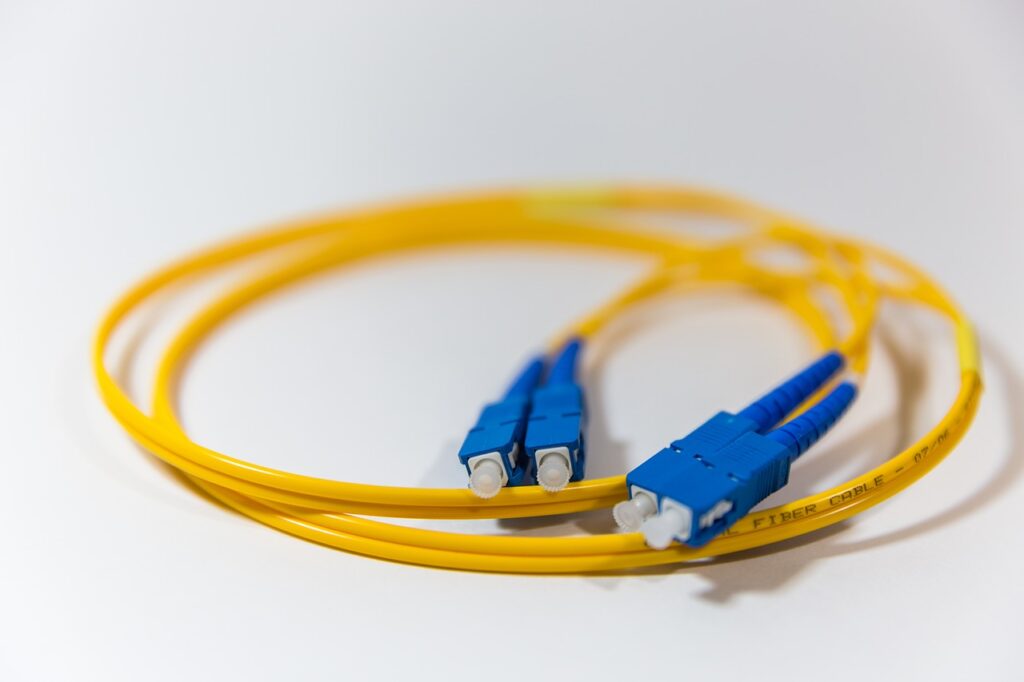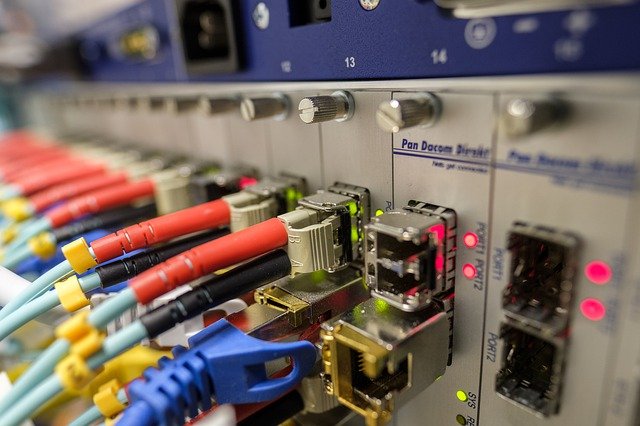
Internet connectivity is a critical part of how we live and work today. Gone are the days when internet access was only limited to text-based communication or even just email.
Today internet service providers (ISPs) offer fiber internet connectivity that provides internet speeds up to 100 times faster than traditional broadband connections.
Fiber internet has several advantages over other types of internet service. In this blog post, we will discuss five advantages of fiber internet connectivity so you can decide if it’s right for your home or business.
3 Types of Fiber Internet to Consider When Choosing Your Internet Service Provider (ISP)
Fiber to the Home or Premises (FTTH or FTTP)
Fiber to the home or premises is the most popular and economical method of fiber internet connections. This service connects fiber optic cables directly to a building and is usually installed by the ISP, but it may also be self-installed.
FTTH can offer download and upload speeds of up to 10 gigabits per second (Gbps), which is significantly faster than traditional broadband. However, FTTH service requires a physical fiber infrastructure to be in place.Fiber to the Curb (FTTC)
Fiber to the node or curb is another popular method of fiber internet connections. In this service, a single cabinet with optical network terminals (ONT) is installed in a neighborhood, and fiber optic cables connect the ONT to individual homes or businesses.
This service does not require new construction or digging up streets and sidewalks, making it a more economical option than FTTH. However, FTTC service is limited by the distance between the cabinet and the user, and speeds are generally lower than FTTH.Fiber to the Neighborhood (FTTN)
Fiber to the Neighborhood is a relatively new method of fiber internet connections. Like FTTC, in this service, multiple optical network terminals (ONT) are installed in a neighborhood, but fiber optic cables connect the ONT to individual homes or businesses.
This service uses existing infrastructure, which is economical and ideal for businesses. However, because FTTN has no direct connection to the individual home or business, speeds are generally lower than FTTH or FTTP.
5 Advantages of Fiber Internet Connection

Cost-efficient
One of the most significant advantages of fiber internet connectivity is cost-efficiency. The installation of fiber optic cables is relatively cheap and easy, and the equipment needed to provide fiber internet service is also relatively inexpensive. In addition, the bandwidth capacity of fiber optic cables is much greater than traditional broadband connections so that you can get more for your money.Fast and Reliable
Fiber internet connections are fast and reliable, providing speeds up to 100 times faster than traditional broadband connections. This means that you can download files, stream videos, and play online games easily, without any lag or buffering.Security
Fiber internet connections are more secure than traditional broadband connections. Fiber optic cables transmit data using light pulses rather than electrical signals, so they cannot be hacked or intercepted like traditional broadband connections.Scalable
Fiber internet connections are scalable, meaning you can increase or decrease your bandwidth as needed without upgrading your service. For example, you can watch HD videos on Netflix during the day without affecting your bandwidth for work in the evening.Faster Transmission of Data
Fiber optic cables can quickly transmit a large quantity of data because the bandwidth capacity is much greater than traditional broadband connections. Data transmitted over fiber optic cables are also less likely to experience interference, meaning that your internet connection will be more reliable.
Opting for Fiber Optics
Fiber internet connections offer several advantages over traditional broadband connections. They are cost-efficient, fast, reliable, and secure. They are also scalable and can transmit a large amount of data quickly. If you are looking for a cost-effective, reliable, and secure internet connection, fiber optic cables may be the way to go.